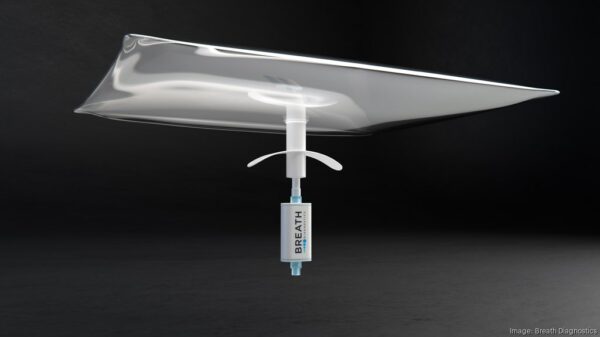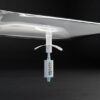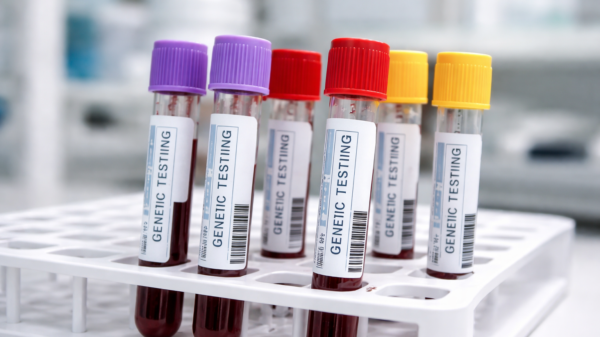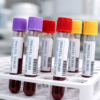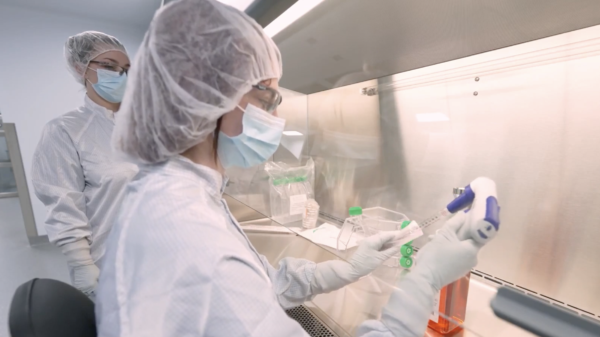Quest Diagnostics (NYSE: DGX) and the University of Texas MD Anderson Cancer Center (MD Anderson) are teaming up to help better identify people who may be at higher risk of cancer and make sure they get the right screenings to catch it early.
The Tuesday announcement has Quest developing and validating a blood test based on circulating protein biomarkers typically associated with high risk for one or more cancers. The list also includes colorectal, lung, breast, pancreatic, ovarian, liver, prostate, esophageal and stomach.
Quest will use a developmental license to build on technology and intellectual property behind the Multi-Cancer Stratification Test (MCaST).
Dr. Samir Hanash and his team at MD Anderson developed this risk model through extensive clinical research. They identified a set of biomarkers by studying screening cohorts involving tens of thousands of people.
Quest further plans to refine, expand, and validate the MCaST technology for its own lab-developed test. Additionally, the company will integrate the model into its broader efforts to improve early cancer detection. Also, Quest aims to make the test more accessible for individuals at higher risk.
The company aims for a North American commercial launch in 2026 if the test is successfully validated.
For now, Quest expects the new test will add to, not replace, existing screening methods. It will offer insights to help doctors identify patients who could benefit from appropriate screening or further evaluation.
Read more: Breath Diagnostics pioneers novel lung cancer breath test
Read more: Breath Diagnostics takes aim at lung cancer with One Breath
51% of US adults report cancer screening in the past year
Conventional screenings often focus on one cancer at a time and may involve invasive or expensive procedures that many patients avoid. Additionally, current multi-cancer early detection (MCED) blood tests detect cancer DNA but come with high costs and limited follow-up protocols.
Quest’s approach aims to address those gaps by offering a more targeted and accessible tool for early detection.
Furthermore, Quest isn’t alone in trying to improve early cancer detection.
Many patients skip regular screenings due to fear, lack of symptoms, high costs, or limited access to care. Some avoid invasive procedures or feel overwhelmed by the healthcare system. Others simply don’t know which screenings they need or when to get them. To address these issues, companies like Grail inc (NASDAQ: GRAL) and Delfi Diagnostics are developing blood-based tests that can detect multiple types of cancer from a single sample. The companies in question designed these tests to be quick, less invasive, and easier to access, with the hope of encouraging more people to get tested.
Breath Diagnostics is taking a different approach. Its OneBreath platform analyzes exhaled breath to detect volatile organic compounds linked to early-stage lung cancer. The company recently launched a Regulation CF equity crowdfunding campaign, aiming to scale development and make this non-invasive, potentially life-saving tool widely available.
.
joseph@mugglehead.com







